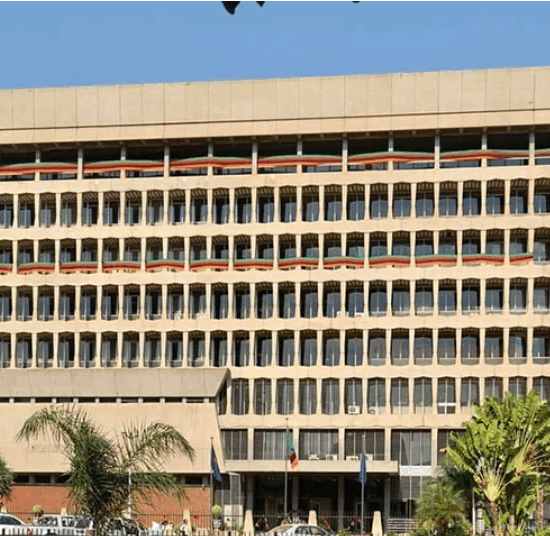
The British American Tobacco (Zambia) Plc – BAT has recorded an increase in turnover of 48.8 percent (approximately 50%) to K343.2 million in the year ended December 31 2020 compared to the K230.6 million recorded during the same period in 2019.
This increase in revenue has largely been attributed to price increase of the company’s key brands and products. Despite the 50% increase in revenue, the Kwacha depreciation wiped out the company’s profits through financing costs.
According to the BAT audited financial results for the full year ended December 31, 2020 made available to the Zambian Business Times – ZBT, the total operating cost increased by 36.5 percent to K288.9 million reflecting the impact of the increased general cost of production.
Company secretary Zoe Chiliboyi said the increase in operating costs was mainly driven by the cost of tobacco leaf and wrapping material imports.
“The Company continued to grow its operating profit despite the impact of the COVID-19 pandemic. Operating margin increased by 92.2% percent from 8.2% in 2019 to 15.8% in 2020. The increase was mainly as a result of an increase in price for our key brands,” she said.
Chiliboyi disclosed that the Company’s contribution to the treasury in various taxes for the period to 31 December 2020 was K207.2 million compared to K149.3 million in 2019 representing an increase of 38.8 % year on year.
“The Company continues to be a key and compliant contributor to the treasury through the payment of various taxes key among them; Excise, Corporate Tax, VAT, PAYE and Withholding Taxes,” she said.
Chiliboyi said during the same period, the Company made a loss before tax of K36.9 million compared to a loss before taxation in 2019 of K25.1 million.
This is largely attributed to higher finance costs in 2020 due to the Company’s borrowing facility being denominated in US$, and the Zambian Kwacha depreciation during the year.
Chiliboyi said the Company demonstrated resilient performance despite the economic and social effects of the Coronavirus (COVID-19) pandemic which strained economic growth in an already challenging operating environment.
She said the performance of the cigarette industry continues to be affected by the prevalence of the illicit cigarette market.
Chiliboyi said in 2020, country lockdowns and supply chain disruptions contributed to distortions in the flow of illicit activities wherein there was a noted increase in the prevalence of Zambian manufactured cigarettes being sold openly in the informal market in various Southern African countries resulting in substantial loss of forex earnings for the Revenue Authority.
She said locally, the legitimate cigarette industry continues to grapple with the open sale of duty not paid cigarettes that do not comply with legal requirements pertaining to utilization of the appropriate health warning messages and/or the affixation of ZRA tax stamps as required by Zambian Law.
The COVID-19 pandemic has been characterized by severe restrictions and lockdowns that prompted the Company to implement Business Continuity Plans, which include increasing stock holding durations for raw materials, imported finished goods and spares.
Chiliboyi said this resulted in tying up approximately K10 million additional working capital in stock.
“Additionally, the Company faced substantial business and operational disruptions, which have included reduced time in trade, as well as unbudgeted costs related to the purchase of COVID-19 personal protective equipment as per the Ministry of Health guidelines.
“Nevertheless, the Company remains optimistic that it will continue to invest in its brands and people as it navigates the challenges posed by this pandemic,” she said.
Chiliboyi said, “In 2020, the industry received significant support from government in form of enacted legislation and enforcement of laws aimed at deterring illicit trade in cigarettes. We welcome measures to create a level playing field in the cigarette industry and fully support the scaling up of enforcement activities to curb illicit trade.”
Analysts say the failure to manage the Kwacha and defend its value by the current monetary and fiscal management teams at Bank of Zambia and Ministry of Finance is perhaps the biggest economic disruptor that is making it difficult for most companies to operate profitably.







